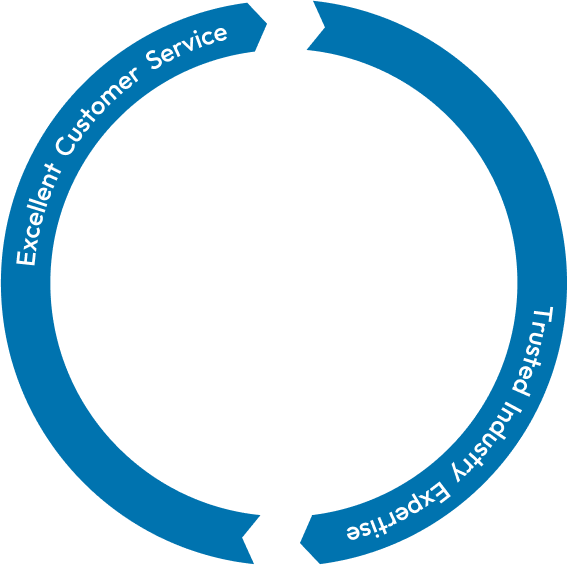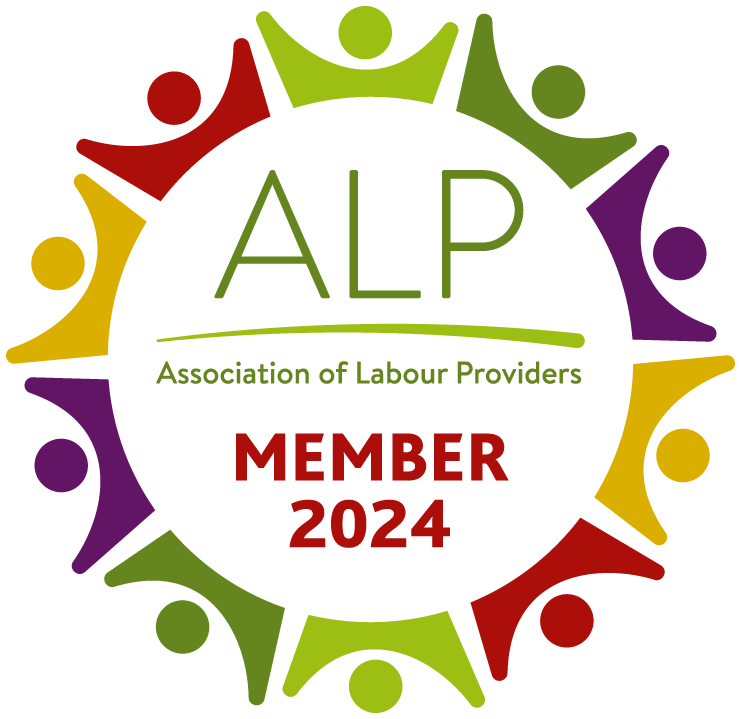In today’s fast-paced job market, finding the right fit – whether you’re a job seeker or an employer – can feel like searching for a needle in a haystack. That’s where recruitment agencies come in, acting as the bridge between talent and opportunity. Let’s explore how these agencies work their magic.

What do recruitment agencies actually do?
At their core, recruitment agencies are matchmakers in the professional world. They:
- Track down talent for companies
- Act as communicators between job seekers and employers
- Provide information about roles, companies, and brands
The recruitment agency advantage

For employers:
- Time-saving: The average time to fill a role in the UK is 48 days. Agencies can significantly speed up this process.
- Access to a wider talent pool: Agencies have extensive databases of candidates, including those not actively job hunting.
- Market insights: Recruiters, like those at HR recruitment consultant firms, can provide valuable information about salary expectations, available skills, and industry trends. For businesses looking to refine their talent acquisition strategies across different sectors, there’s much to learn from how recruitment agencies adapt to unique industry needs. Learn more about how recruitment agencies source top talent in specialised industries.
- Brand advocacy: Good agencies represent your company well to potential candidates.
- Streamlined process: Agencies manage everything from screening to interview coordination.
For job seekers:
- More opportunities: Agencies often have access to roles not advertised publicly.
- Career guidance: HR recruitment consultants offer valuable advice on your CV, interview techniques, and career progression.
- Salary insights: Agencies can provide information on competitive pay rates in your industry.
- Interview preparation: Many agencies offer coaching to help you put your best foot forward.
- Feedback and support: Recruiters provide updates and feedback throughout the application process.
How agencies find the right match

- Understanding client needs: Agencies dig deep to understand not just the role requirements, but also company culture and values.
- Candidate sourcing: Using a mix of database searching, networking, and sometimes headhunting, agencies identify potential candidates.
- Screening: Initial interviews and assessments help agencies create a shortlist of the best-fit candidates.
- Presentation to clients: Agencies present the most suitable candidates to the hiring company.
- Interview coordination: Agencies often handle the logistics of setting up interviews.
- Offer negotiation: Many agencies assist in negotiating salary and benefits packages.
- Onboarding support: Some recruitment consultant agency provide support during the initial employment period.
Making the most of recruitment agencies
Tips for employers:
- Be clear about your requirements and company culture
- Be open to advice on market conditions and salary expectations
- Build a relationship with your agency for better long-term results
Tips for job seekers:
- Keep your CV updated and tailored to roles you’re interested in.
- Prepare well for interviews with guidance from your agency.
- Be open to constructive feedback and stay in regular contact with your recruiter.
For further insights on how recruitment agencies can streamline your hiring process and help you find the right talent, listen to our latest audio here.
The Future of Recruitment: What’s on the Horizon?

The UK recruitment landscape is constantly evolving. Here are some trends to watch:
- AI-powered matching: 67% of UK recruiters believe AI will help them source and screen candidates more effectively (LinkedIn Global Recruiting Trends 2024).
- Remote hiring boom: 85% of UK businesses plan to maintain or increase remote work options post-pandemic (CIPD 2024 report).
- Skills-based hiring: 68% of UK employers now prioritise skills over traditional qualifications (Open University Business Barometer 2024).
- Diversity push: 76% of UK job seekers consider workplace diversity when evaluating job offers (Glassdoor UK Workplace Diversity Survey 2024).
- Employer branding focus: 86% of UK HR professionals agree that recruitment is becoming more like marketing (LinkedIn Global Recruiting Trends Report 2024).
If you’re looking to hire or find your next job, a recruitment agency in Glasgow or recruitment agency in Inverness can make all the difference. These agencies are well-versed in matching the right people with the right opportunities. For sectors like food production, construction and warehouse, HR Recruitment Services Ltd offers specialised solutions tailored to your unique industry needs.
Frequently Asked Questions (FAQs)
Q: What is a recruitment firm?
A: A recruitment firm helps employers find the right talent while assisting job seekers in securing employment. They act as intermediaries between both parties.
Q: How do recruitment agencies work?
A: Recruitment agencies source candidates, screen them based on the requirements of employers, and assist with interviews, negotiations, and onboarding.
Q: How long does it take for a recruitment agency to fill a role?
A: The average time to fill a position in the UK is 48 days, but agencies can often speed this up by leveraging existing talent pools and streamlined processes.
Q: Do job seekers pay for recruitment services?
A: No, agencies are typically compensated by employers, so job seekers can access their services for free.
Q: How should employers prepare when working with a recruitment agency?
A: Employers should define their job roles clearly, provide feedback promptly, and stay open to market insights regarding salary expectations and job market trends.





















